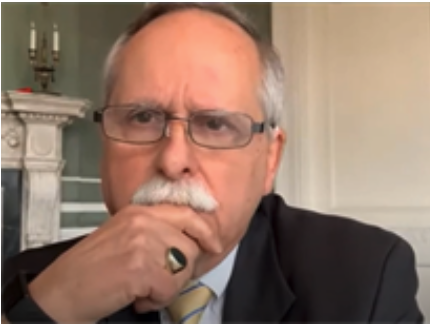“Hypocrisy Of Democrats’ “Environmental Justice” Rhetoric During Energy And Commerce Hearing
Washington, D.C. – Today, Representative David B. McKinley, P.E. (R-W.Va.), Ranking Member of Energy and Commerce Subcommittee on Environment and Climate Change, delivered opening remarks that highlighted how energy policies included in the CLEAN Future Act will force individuals, families, and entire communities into poverty.
In his opening remarks, McKinley stated: “As America dismantles its fossil fuel economy, the rest of the world is expanding its use of coal, natural gas, and oil and emitting greenhouse gases at an alarmingly increasing rate. By eliminating jobs in fossil fuels, Congress will be sentencing American workers all across the country to poverty. How is that outcome any different than the injustices created in the past? So maybe it’s time for the men and women of government to lose their sanctimonious attitude and walk in the shoes of these families who are about to experience poverty.”
During his five minutes of witness questioning, McKinley pointed out that as Democrats rush to implement the use of electric vehicles and renewable energy, they forget about how the materials needed for batteries are sourced. McKinley specifically reminded Democrats about the forced child laborers in the Congo who have to mine for cobalt:
“Two of the key ingredients in batteries are lithium and cobalt, but have you ever seen how we source that material? This is an article that CNN posted of children in the Congo being forced into labor to harvest cobalt. Here’s another picture of another cobalt mine in the Congo. We’re enabling dictators to use child labor. What about lithium? Have you ever seen the ravaging effects of lithium? Here’s a picture of a lithium mine, look at the depth in the community. These are ravaging effects we’re having on communities all across this world in our pursuit of having battery storage…we’re exporting our guilt. It seems that environmental justice stops at the border.”

